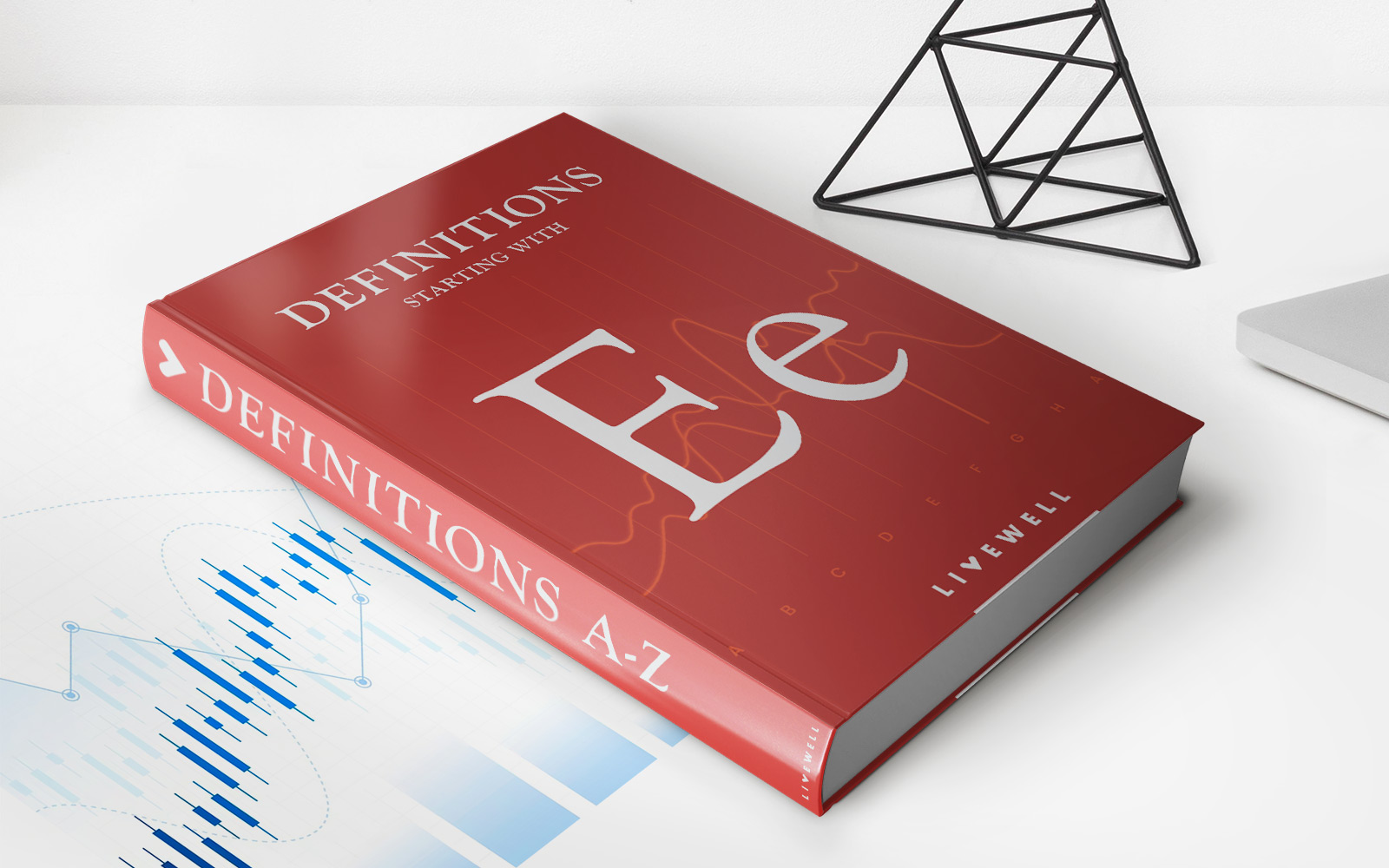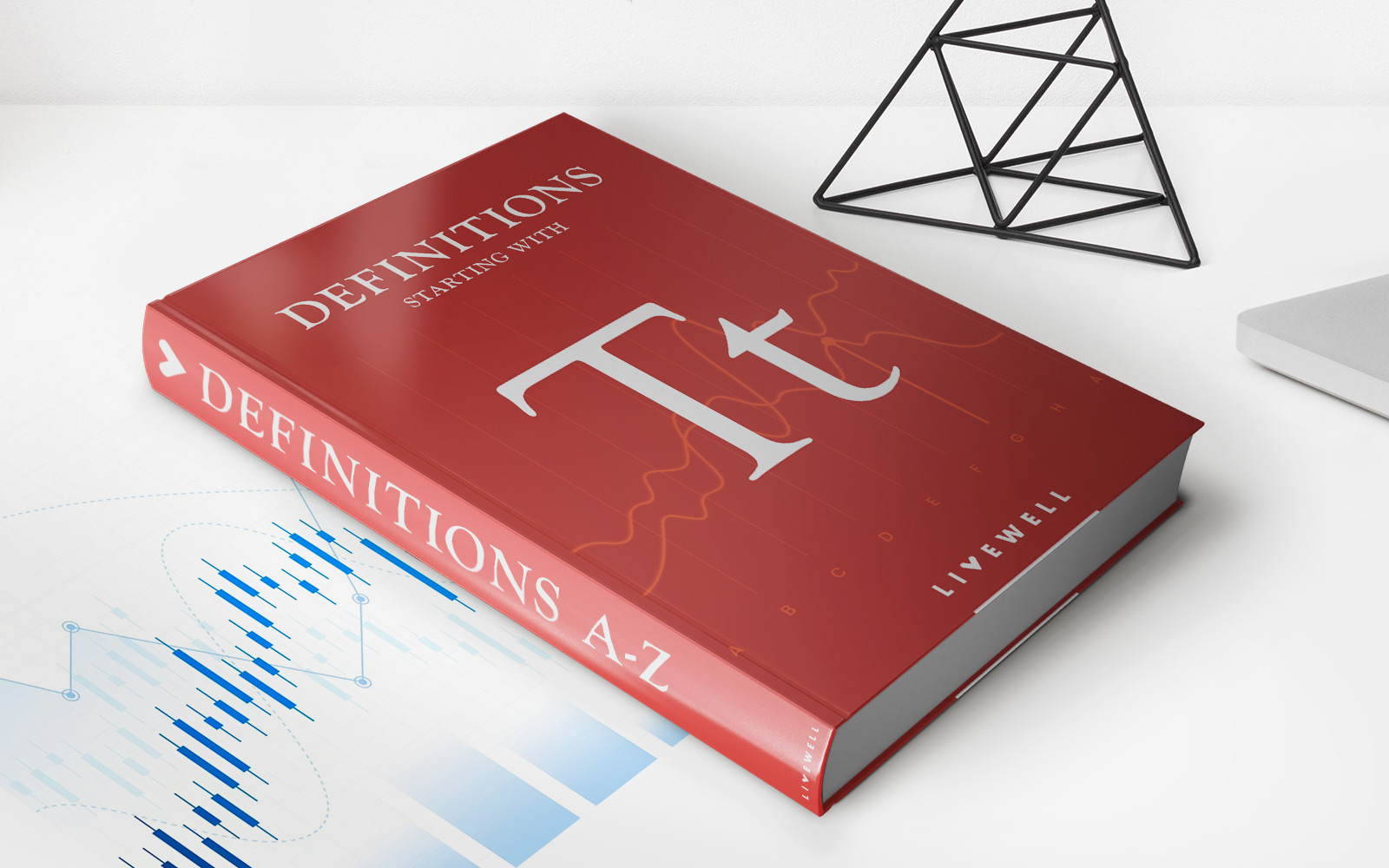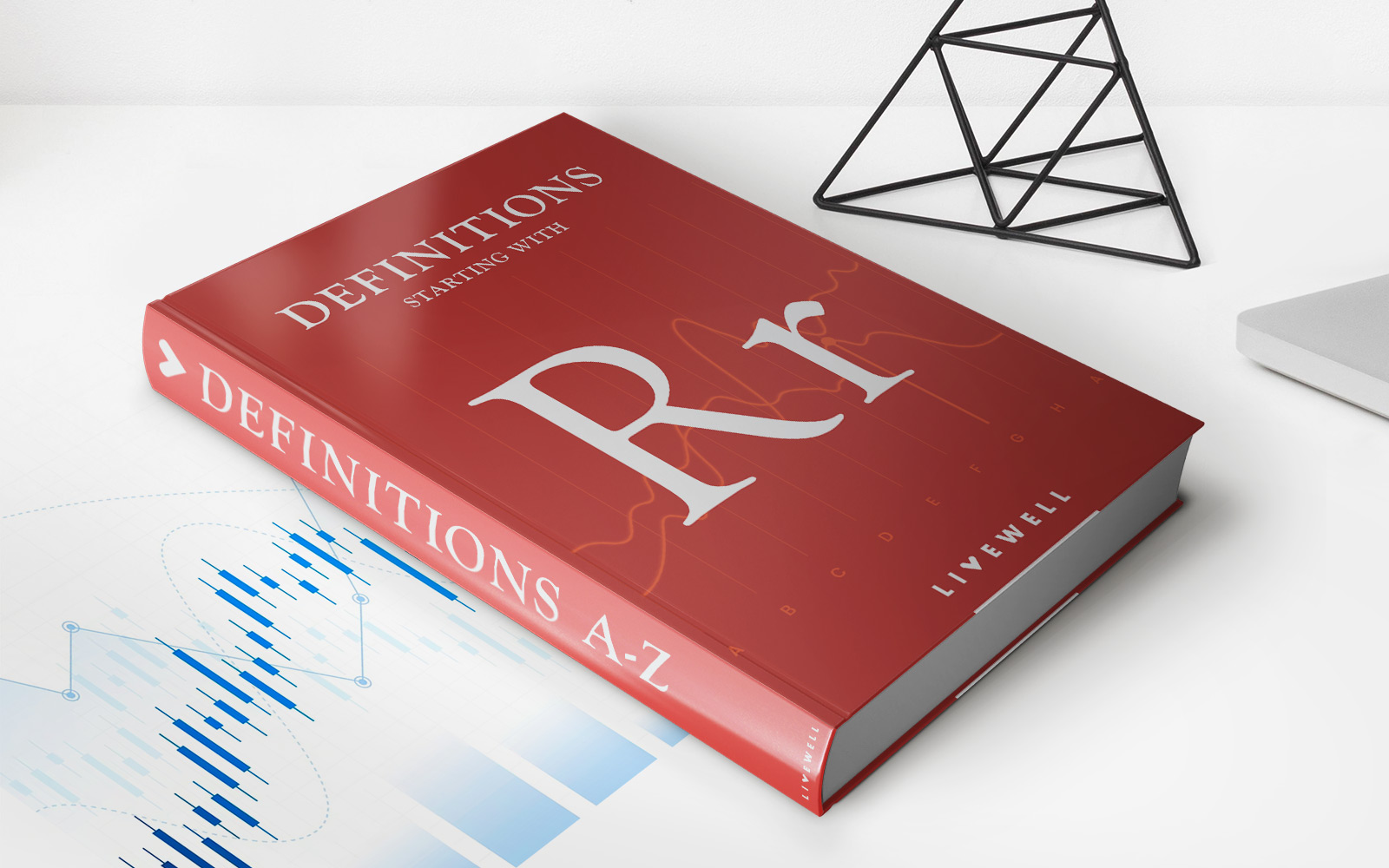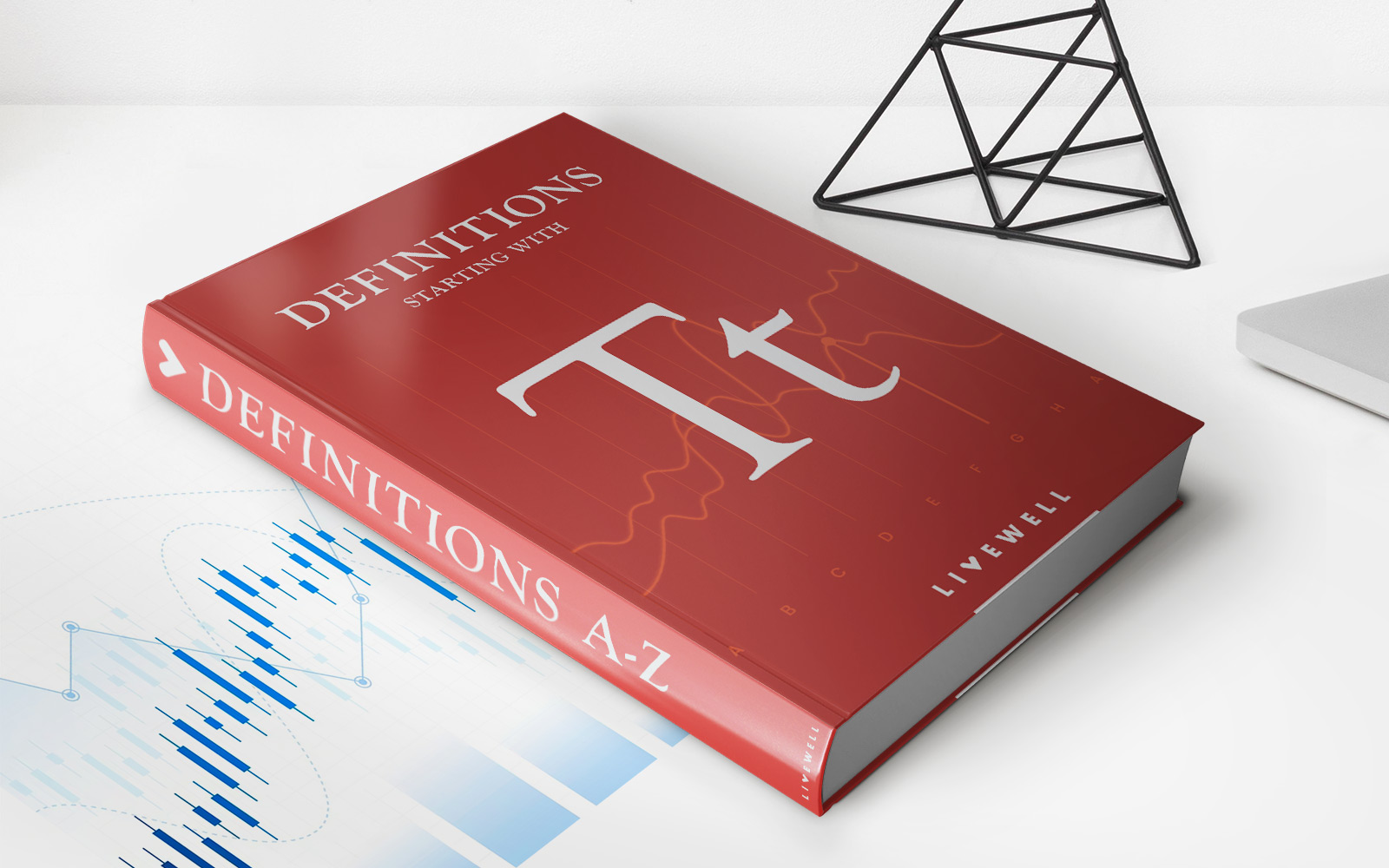

Finance
Insurance Trust (ILIT) Definition
Published: December 10, 2023
Learn everything you need to know about Insurance Trust (ILIT) in the field of finance. Understand its definition and significance.
(Many of the links in this article redirect to a specific reviewed product. Your purchase of these products through affiliate links helps to generate commission for LiveWell, at no extra cost. Learn more)
Welcome to the world of Insurance Trusts (ILIT)
When it comes to managing your finances, there are countless options available, each with their unique advantages and considerations. Today, we are going to take a deep dive into the concept of Insurance Trusts (ILIT) and explore how they can play a vital role in your financial planning. Whether you are a seasoned investor or just starting out, understanding the ins and outs of ILITs is essential for anyone looking to secure their financial future.
Key Takeaways:
- Insurance Trusts, also known as ILITs, are an essential tool in estate planning.
- An ILIT allows you to remove life insurance policy proceeds from your taxable estate while providing financial protection for your loved ones.
What is an ILIT?
Before we delve into the intricacies of ILITs, let’s start with the basics. An Insurance Trust (ILIT), also known as Irrevocable Life Insurance Trust, is a legal entity that is specifically designed to own and manage life insurance policies. It serves as a valuable tool in estate planning, allowing you to remove the life insurance policy from your taxable estate, while providing financial security for your beneficiaries.
So, how does an ILIT work? It’s quite simple. The ILIT is created by the policy owner, who transfers ownership of their life insurance policy to the trust. Once transferred, the policy is no longer considered part of your taxable estate. This means that the life insurance proceeds can pass directly to your beneficiaries upon your passing without being subject to estate taxes.
By utilizing an ILIT, you have the ability to protect your loved ones financially and ensure that the benefits of your life insurance policy are preserved for their future.
Why Consider Establishing an ILIT?
Establishing an ILIT can provide several benefits and advantages to individuals looking to protect their assets and pass on wealth to future generations. Some of the key reasons to consider an ILIT include:
- Tax Efficiency: One of the primary advantages of an ILIT is the potential for significant tax savings. By removing the life insurance policy from your taxable estate, you can minimize your estate tax liability.
- Asset Protection: An ILIT can provide a layer of asset protection for your life insurance proceeds. Since the policy is owned by the trust and not by you directly, it is shielded from potential creditors or legal issues.
- Control Over Distribution: Through an ILIT, you have control over how the life insurance proceeds are distributed to your beneficiaries. This ensures that the funds are used in accordance with your wishes and can provide for long-term financial security.
- Preserving Family Wealth: An ILIT can help preserve family wealth and ensure that future generations are financially protected. It allows you to pass on the benefits of your life insurance policy without the burden of estate taxes.
In Conclusion
In summary, an Insurance Trust (ILIT) is a powerful tool in estate planning that provides financial security for your loved ones while minimizing tax obligations. By removing your life insurance policy from your taxable estate, an ILIT helps you protect your assets and pass on your wealth to future generations. Whether you are looking to preserve family wealth or minimize estate taxes, an ILIT is worth considering as part of your comprehensive financial plan.
Take control of your financial future and explore the benefits of Insurance Trusts today!














